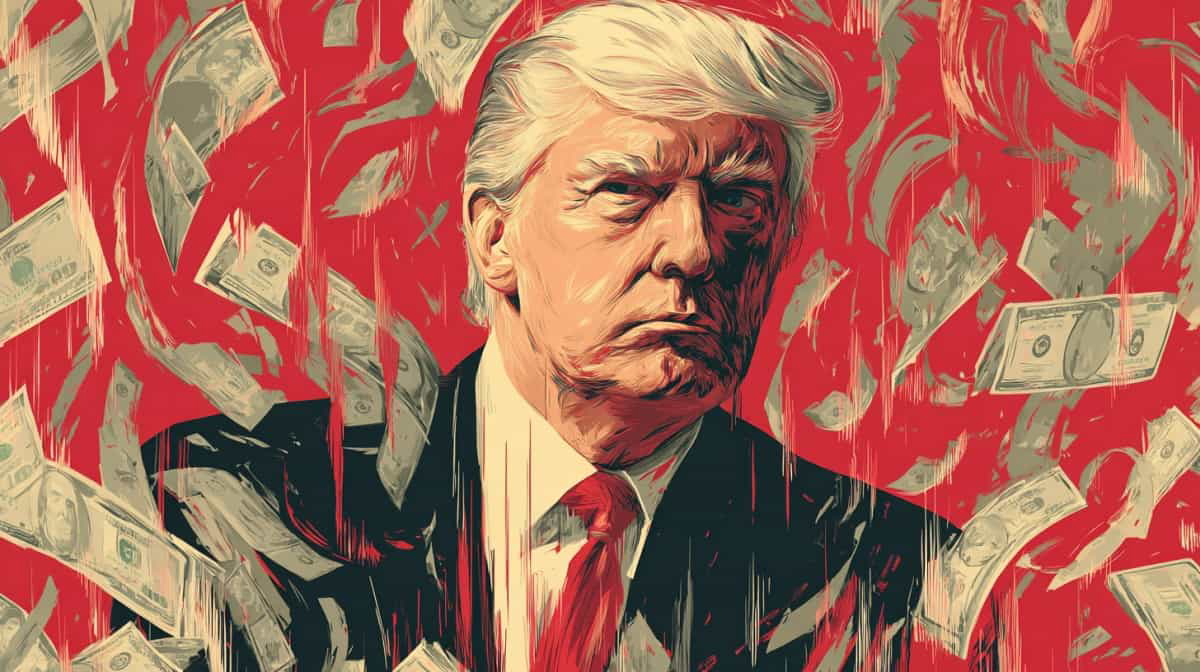Trump Puts America Up for Sale: Everything Now Comes With a Price Tag
 From $100,000 work visas to million-dollar “gold cards,” Trump turns government services into transactions for the highest bidder.
From $100,000 work visas to million-dollar “gold cards,” Trump turns government services into transactions for the highest bidder.

US President Donald Trump recently
announced that professional work visas (H-1Bs) for the United States will now cost sponsoring institutions $100,000. This is not a fee; it is the price that any company or university that wants to hire a foreigner must pay. Visas have become transactions, and so, too, has naturalization: the White House is selling “
Trump gold cards” that grant a quick path to permanent residency, and eventual citizenship, for $1 million.
Much else is now for sale. The ability to sell goods in the US is itself now for sale, subject to a price that varies by country and depends on Trump’s judgment about how deserving or unworthy that country is. Everywhere you look, government actions are becoming transactions with a price tag. Columbia University, where I work, had to pay
$200 million just to reinstate already approved government research funding.
Similarly, the Trump administration denied big US law firms access to government buildings and clients unless they offered
hundreds of millions dollars’ worth of legal services for causes that Trump cares about. Running a research university is no longer a question of competing for government funding on the merits, and operating law firms is no longer a matter of offering independent professional services. Instead, these activities are subject to presidential approval and one’s ability to pay the price he demands.
Pricing everything is not unique to the Trump administration. It is the logical result of seeing the state as a business enterprise. In a February 1981
executive order, President Ronald Reagan required all major regulations to undergo an impact assessment. “Major” was defined as any regulation that would cost the economy $100 million or more annually; significantly “increase costs or prices for consumers, individual industries, Federal, state, or local government agencies, or geographic regions”; or might adversely affect “competition, employment, investment, productivity, innovation, or the ability of US-based enterprises to compete with foreign-based enterprises in domestic or export markets.” In other words, the government would no longer govern for the people, but for business.
snip

